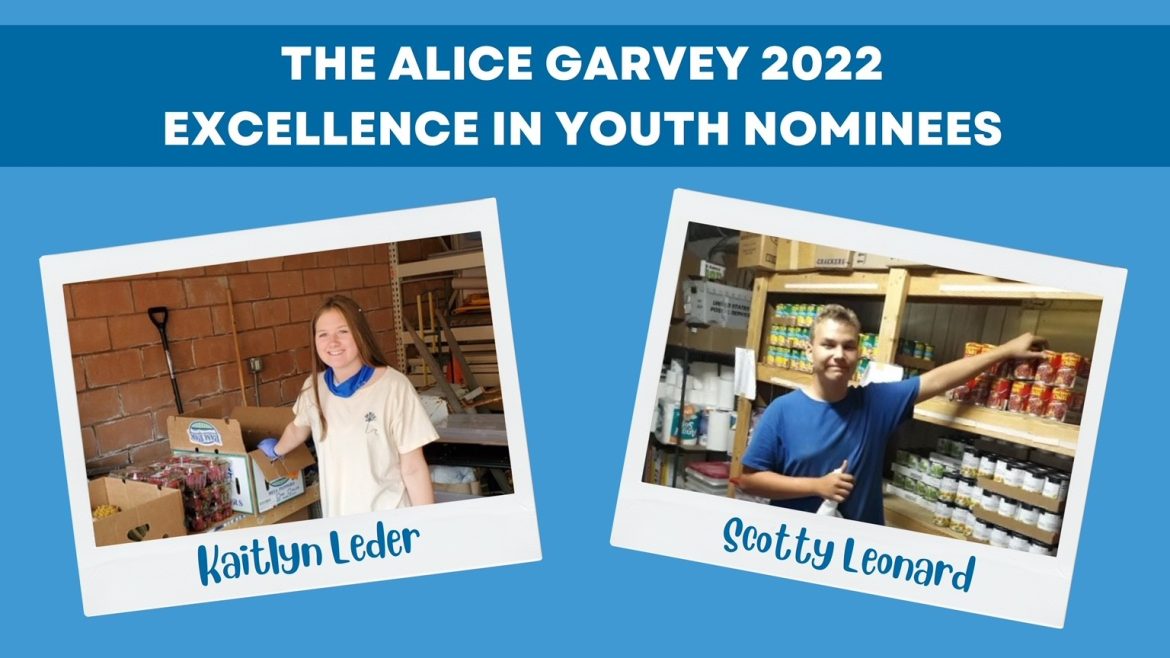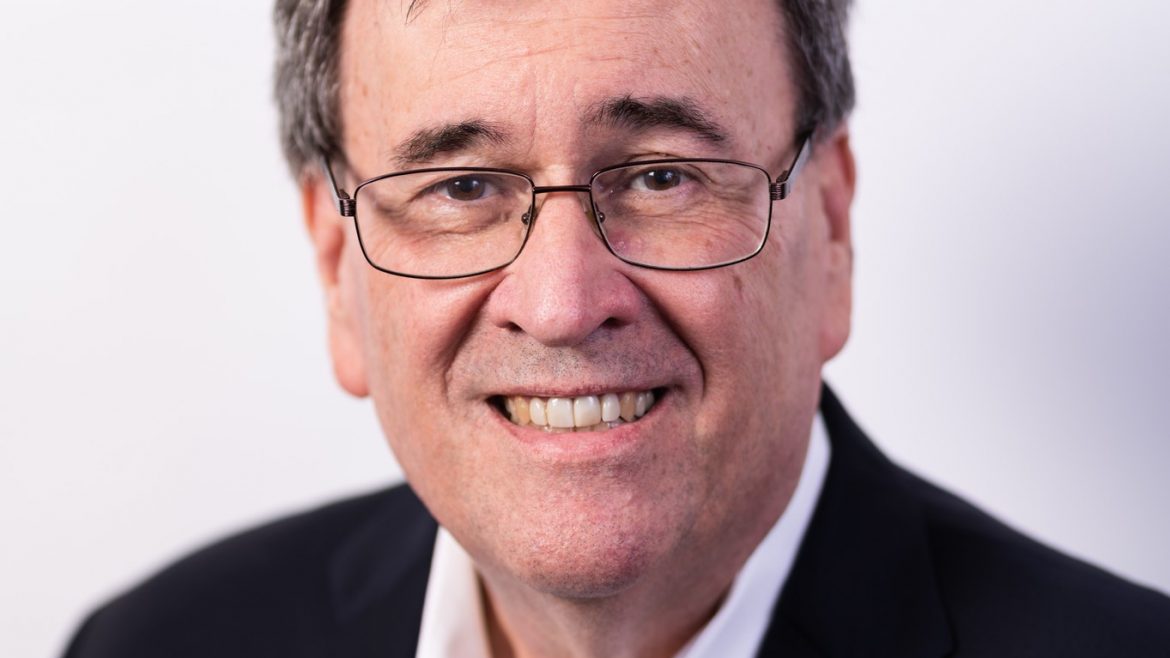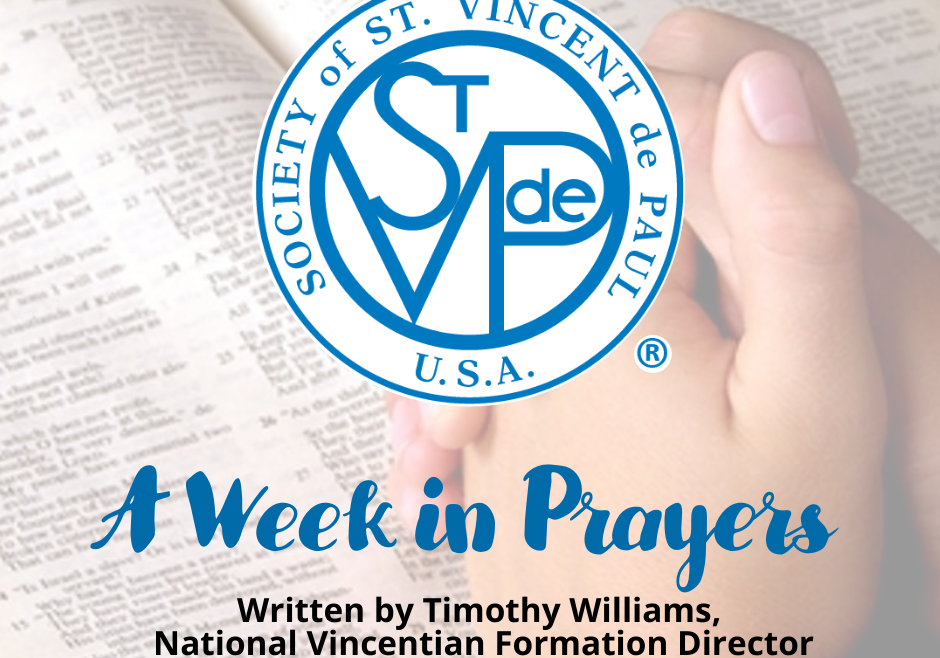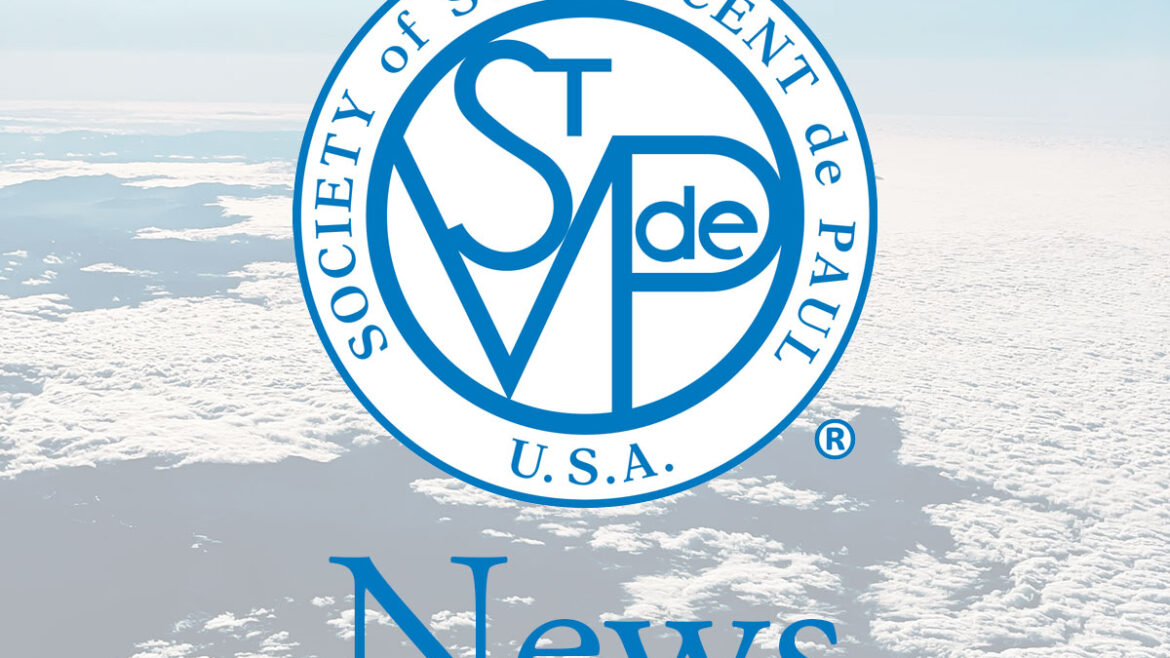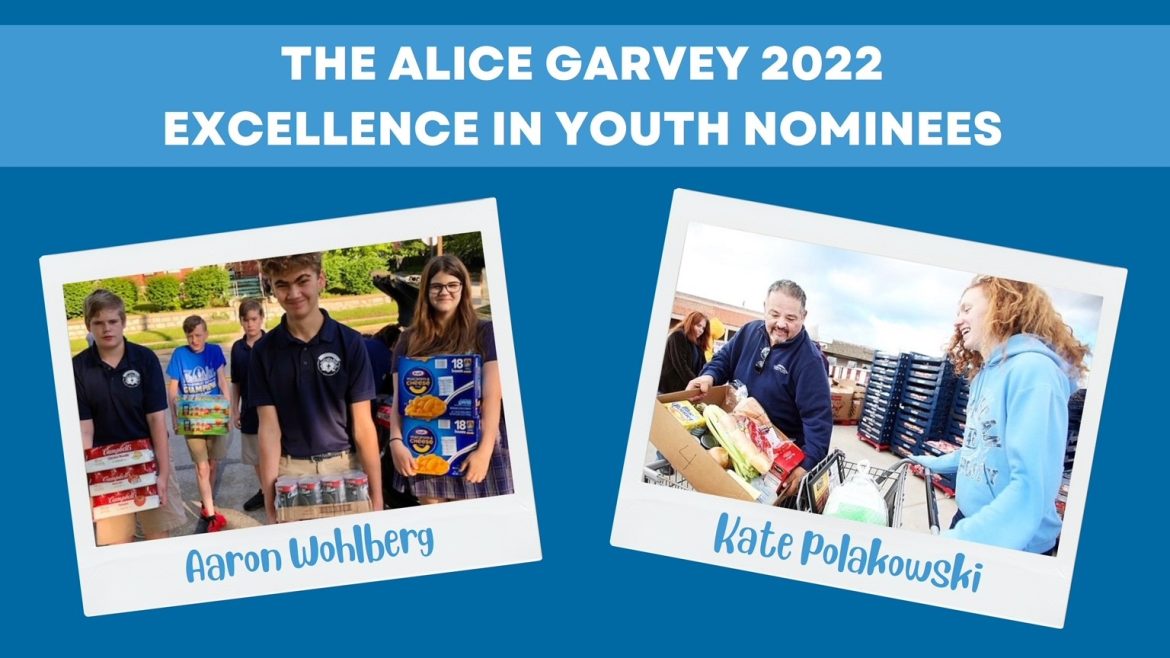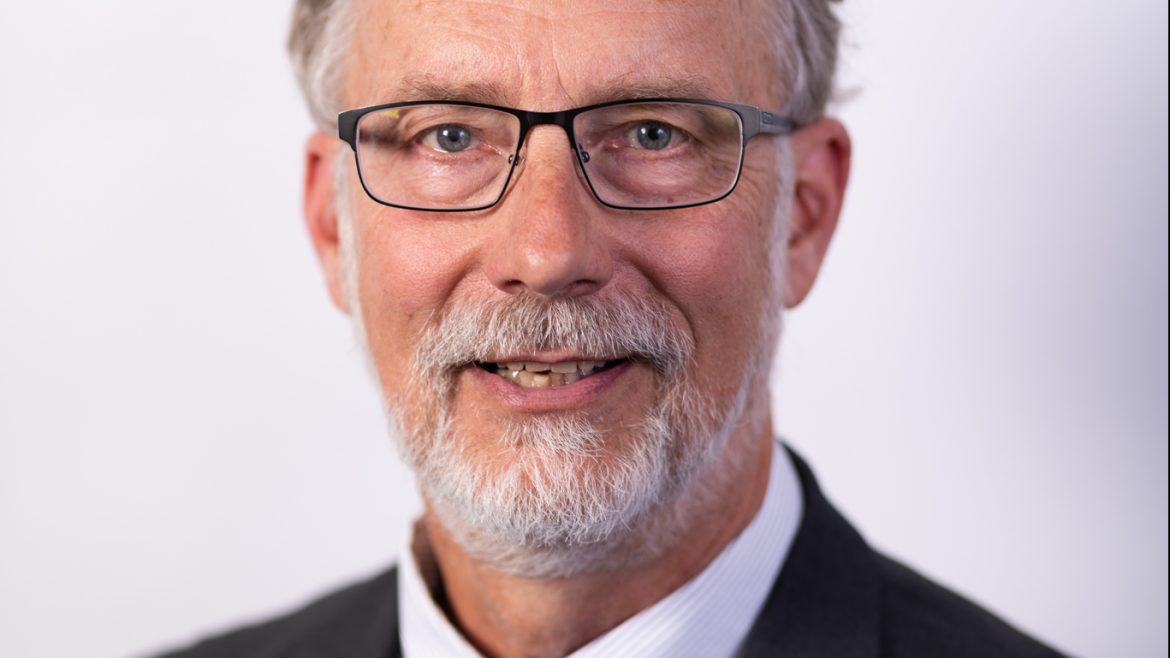This year, the National Youth Committee hosted a Society-wide search for young people doing amazing work in their community. Vincentians from around the country nominated youth from their Councils for the new Alice Garvey Excellence in Youth Award which will be presented at the National Assembly in Baltimore.
“As a committee, we were blown away by the number of submissions and the incredible projects these youth were doing on behalf of the Society of St. Vincent de Paul,” said John Paul Brissette, National Youth Committee Member. “Each week leading up to the National Assembly, we will be shining the spotlight on the nominees and their stories. Our goal is to encourage and celebrate our youth involvement in SVdP with excerpts directly written by those who nominated them.
This week, we would like to introduce our first two nominees:
Kaitlyn Leder – St. Peter Conference Macomb, MI
In 2015, ten-year-old Kaitlyn Leder declared she wanted to join St. Vincent de Paul at St. Peter’s Church so she could help other people. So began her seven-year journey with us. Kaitlyn became an activist among her peers to build a poverty informed community. She approached the state representative for our district and convinced him to visit our pantry to witness our outreach initiatives to reduce the isolation of our neighbors and to help them find the tools to regain their financial and social comfort levels. Now a junior in high school, Kaitlyn continues to involve other students in our activities including organizing a Christmas food drive to benefit the pantry. We are proud of Kaitlyn for who she is and how she is selfless with her time and energy to serve the less fortunate. Kaitlyn embodies one of the goals of our ministry – to see the face of Jesus in those we serve.
Scotty Leonard – San Bernardino Needles SVdP
Scotty is a Freshman in Needles High School and is currently attending Special Education classes. Scotty understands that giving his love, his talent, and his time is more important than giving money. Scotty started volunteering in October 2021 and began working about 20 hours a month. Since and including January 2022, Scotty has worked between 80 and 100 hours every month, to date. In 2021, Needles St. Vincent’s provided a Thanksgiving Dinner and Christmas Dinner, to the entire community of Needles. We served over 600 meals on those two days with Scotty’s help. Young members keep St. Vincent’s young. Scotty sees with new eyes and is always looking ahead. A good leader must first learn how to follow, then he/she can lead. Scotty work experience with St. Vincent’s in the Needles, has exposed his true spirituality and respect for the poor. This has helped Scotty to grow as a leader.


